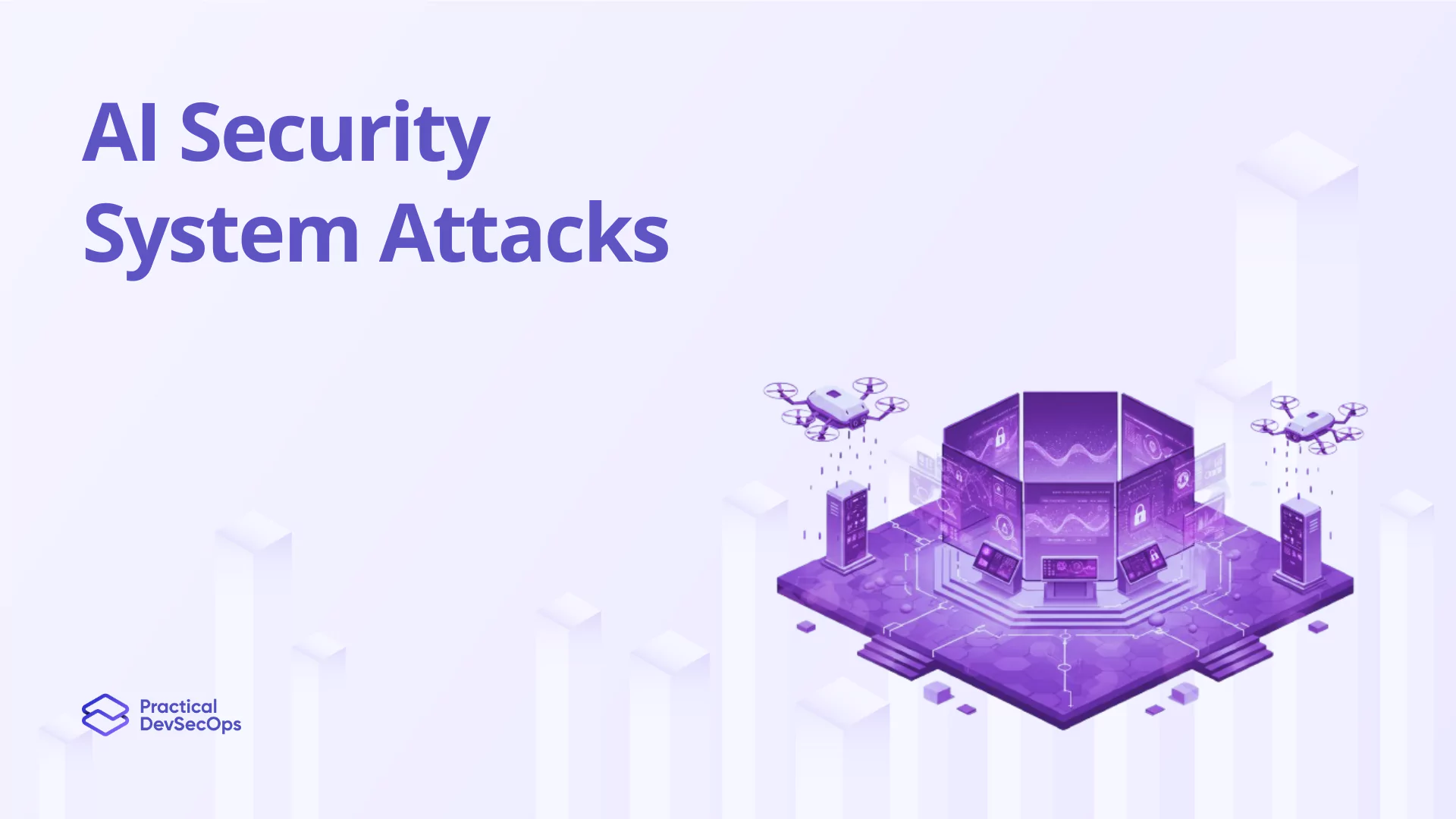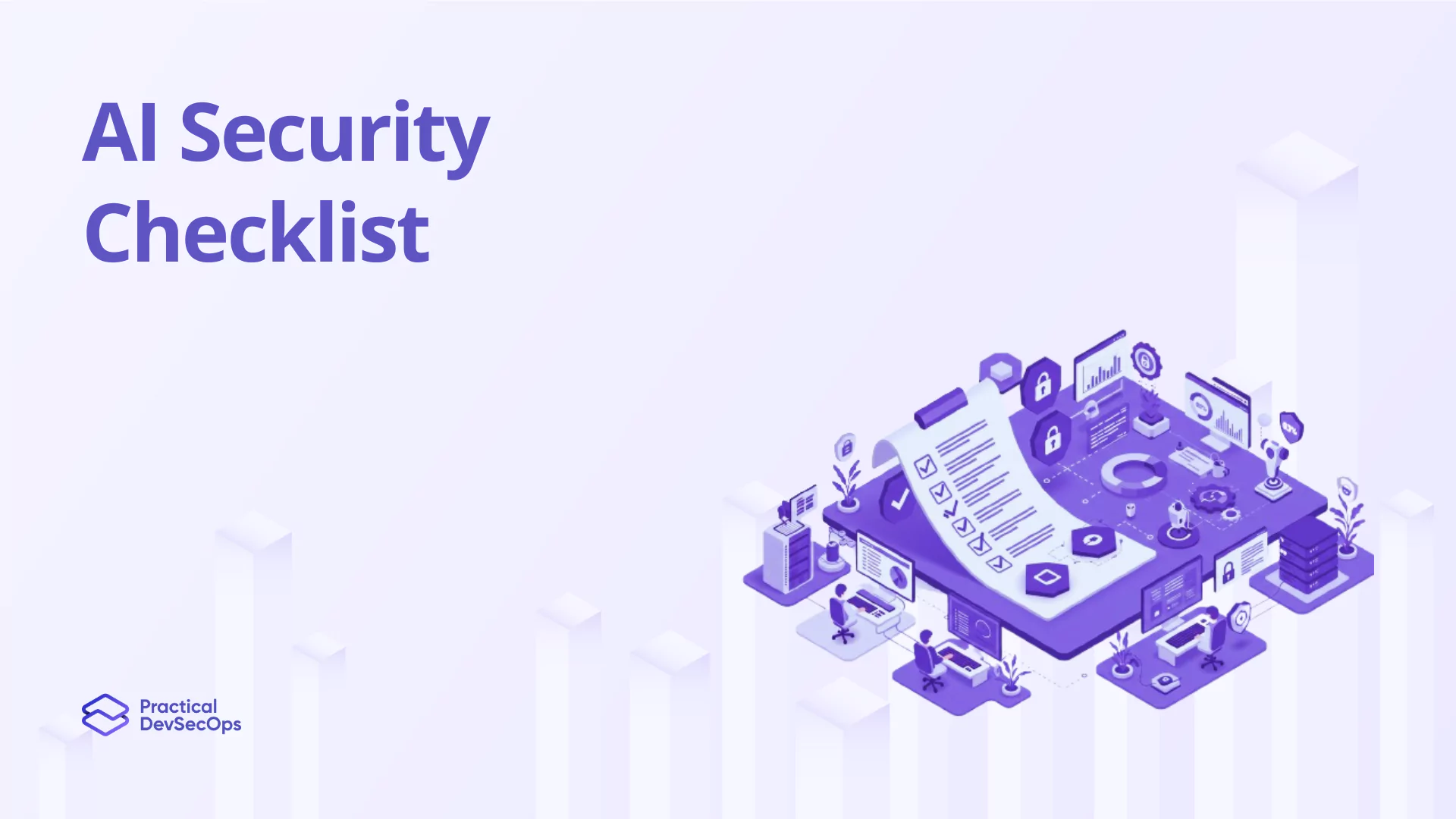As businesses continue to undergo digital transformations, the complexity and scale of cyber threats have also escalated. Recent studies reveal that nearly 30% of all data breaches involve web applications, and this number is only expected to rise as more businesses move online.
This trend underscores the growing importance of application security—ensuring it is no longer just an IT concern, but a foundational business imperative.
Also read about What is Sast Static Application Security Testing?
Defining the Role of an Application Security Engineer
Application Security Engineer – focuses on the security of all software and applications against known classes or types of attacks. It is an important role in your development lifecycle where you are integrating with developers very closely to implement secure mechanisms on applications before any possible threat occurs.
Security responsibilities include security assessments, secure coding methods training and practices development, incident responses or recovery, and ensuring that compliance to the applicable standards can co-exist within this design.
Application Security Engineers, having a unique skill set both with coding and cybersecurity, are instrumental in continuously bridging the gap between development teams (Dev) by ensuring applications developed work as intended while also being secure.
Understanding the Role of an Application Security Engineer
Key Responsibilities of an Application Security Engineer
Appsec Engineers serve at the cutting edge of a sprawling field within cybersecurity – protecting all aspects throughout the software lifecycle. Their primary duties include:
- Security Testing: Carrying out security checks on applications and regular penetration testing to find any vulnerability issues.
- Build Security into the SDLC (Secure Development Life Cycle Integration)
- Incident Response and Management: Rapidly respond to security breaches, working with IT teams for damage mitigation.
- Compliance and Risk Management: Properly aligning app sec practices to industry regulation/standards for effective risk management.
The Importance of Application Security Engineers
The importance of Application Security Engineers is only increasing, as the demand for cyber threats is growing more sophisticated with each generation. Not only do they protect sensitive data, but it also helps build customer trust knowing that their information is secure.
Answering the demand of fields such as finance, healthcare, and e-commerce for which data breaches can have dire consequences in terms of maintaining integrity and security on digital platforms lies within these engineers.
Also read about What is Shift Left Security?
Educational Pathways and Skills Requirement
Educational Background and Degrees
A computer science or related degree is generally a prerequisite for an Application Security Engineer. A bachelor’s degree in cybersecurity or computer engineering offers a solid base of theory; whereas more advanced degrees such as a master’s in cybersecurity can provide additional refinement and even specialization.
Core Skills for Success in Application Security
To excel as an Application Security Engineer, several skills are essential:
- Programming Proficiency:
Anyone diving into this field needs to know languages like Java, Python, or C++. It’s crucial for understanding and fixing software vulnerabilities. - Knowledge of Security Protocols:
You really need to understand how authentication, authorization, encryption, and general web security measures work. - Analytical Skills:
It’s important to be able to assess risks and interpret data to predict and prevent potential security breaches.
Also read about Cloud-native Application Security Best Practices
Certifications that Elevate Your Career
Essential Certifications for Application Security Engineers:
Certifications are vital for an Application Security Engineer’s career growth. The Certified Information Systems Security Professional (CISSP) and Certified Information Security Manager (CISM) are well-respected certifications that confirm a person’s expertise.
Specialized certifications, like the Certified API Security Professional (CASP) from Practical DevSecOps, focus on modern API security challenges. They offer hands-on experience and expert-led training in real-world scenarios.
Advanced Learning with Practical DevSecOps
Why Choose Practical DevSecOps for Your Certification?
Practical DevSecOps stands out with its innovative training solutions tailored for Application Security Engineers.
The Certified API Security Professional Certification (CASP) encompasses:
- Self-Paced Learning: Adapt the learning pace to fit your schedule, allowing for a flexible learning environment.
- Browser-Based Labs: Practical, hands-on experience with real-time feedback to enhance learning outcomes.
- 24/7 Expert Instructor Support: Access to seasoned DevSecOps professionals through Mattermost, ensuring guidance is just a message away.
Also read about Prioritizing Product Security with DevSecOps
Conclusion
Becoming an Application Security Engineer is challenging but rewarding. With the growing reliance on digital applications, skilled professionals are in high demand. By pursuing education, gaining relevant experience, and earning certifications like CASP from Practical DevSecOps, you can enhance your skills and boost your career prospects.
Are you ready to elevate your application security skills? Explore the Certified API Security Professional Certification by Practical DevSecOps and start your journey to becoming a top-tier Application Security Engineer today.
FAQ’s
What does an app security engineer do?
An application security engineer focuses on ensuring software applications are protected against cyber threats. They conduct security assessments, implement security measures, and work closely with developers to integrate security practices throughout the software development lifecycle.
How much does an application security engineer earn in the US?
The salary for an application security engineer in the US typically ranges between $90,000 and $150,000 per year, depending on experience, location, and the specific company.
How much does Apple Pay Security Engineers?
Apple, known for competitive pay, offers security engineers salaries that can range widely from around $120,000 to over $180,000 annually, depending on experience and role specifics.
Do Security Engineers make more than software engineers?
Security engineers often have salaries comparable to or sometimes higher than software engineers, particularly as demand for cybersecurity expertise continues to grow.
What is the highest salary for a security engineer?
The highest salaries for security engineers, especially in senior or specialized roles within high-paying industries or locations, can exceed $200,000 annually.
Does security engineer require coding?
Yes, coding skills are often necessary for security engineers to automate security tasks, understand attack vectors, and effectively communicate with development teams.
What programming language is used for Application Security?
Common programming languages for application security include Python, Java, and JavaScript, with Python being particularly popular for scripting security automation tools.
What credentials do you need to be a security engineer?
Credentials like the Certified API Security Professional (CASP), Certified Information Systems Security Professional (CISSP), Certified Ethical Hacker (CEH), or CompTIA Security+ are highly regarded in the field.
What is the difference between application security engineer and cloud security engineer?
An application security engineer focuses on threats and security measures at the application level, typically dealing with software architecture and application coding. A cloud security engineer specializes in securing cloud-based platforms and infrastructure, managing configurations, and cloud-specific threats.







0 Comments